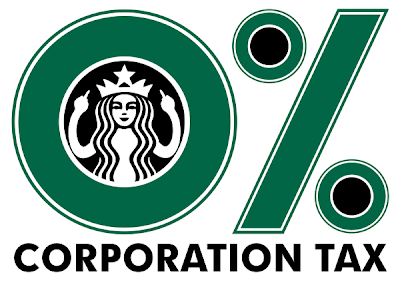 June 2013 saw the launch of RSG Debates, a series of round table dinners held throughout the year, which invite thought leaders to join together to discuss the most topical issues concerning one appointed theme. In June, the spotlight was focussed on the financial services sector and the question of whether business can self regulate. Held at Benares restaurant in Mayfair, London, the dinner was hosted by Nick Hall, Partner at KPMG, and was attended by finance directors and CFO’s from FTSE 100 companies.
June 2013 saw the launch of RSG Debates, a series of round table dinners held throughout the year, which invite thought leaders to join together to discuss the most topical issues concerning one appointed theme. In June, the spotlight was focussed on the financial services sector and the question of whether business can self regulate. Held at Benares restaurant in Mayfair, London, the dinner was hosted by Nick Hall, Partner at KPMG, and was attended by finance directors and CFO’s from FTSE 100 companies.
The concept of regulation vs. self regulation is vast and it was to be expected that we would gather a varied range of arguments and opinions on the topic, the most interesting (and perhaps most controversial) of which I am going to share with you over the course of my next few blog posts. Don't forget, if you are interested in the financial sector, you can subscribe to the Sanderson Financial posts. To begin this series we will focus on:
What role does the consumer have to play in bringing about positive change to errant business behaviour?
Starbucks were used as a relevant example during this particular discussion as they paid £5m in UK corporation tax this year – something they have not done since 2009.
“The move followed a barrage of criticism, including a comment from David Cameron at the World Economic Forum in Davos in January when he attacked low tax payers using the coffee reference – though not specifically naming Starbucks, Google or Amazon. A spokeswoman for Starbucks declined to say how many customers it had lost following the high profile row which started with demonstrations outside some of the outlets by the campaign group, UK Uncut and ended with scorching criticism from parliament's public accounts committee.” Guardian June 2013
It was thought that this was a particularly interesting scenario that illuminated the potential power of the consumer to influence businesses’ decisions on how they account for themselves. Yes, this was an act of ‘self regulation’, but had they not been put under the glare of the media’s spotlight, would Starbucks still have paid up? Should David Cameron have even mentioned these companies in public? In a world of straplines and media sensationalism, the whole truth is far from being accurately represented and consumers often react to the one sided story they are presented with. In this instance, shouldn’t the thousands who campaigned outside of Starbucks stores also have been campaigning against the fact that there are legal loopholes within regulation in the first place?
“Accounts filed by Starbucks UK with Companies House this week will show the British side of the business still not formally profitable. Starbucks is expected to close up to 30 of its shops around the country this year. A similar number were shut last year amid tough competition from Costa and other brands” Guardian 2013
The Consumer: Irregular Regulator
As pointed out by a number of our Debate guests, it is particularly interesting to note that consumers do not always react with their feet as they did with Starbucks. The collapse of the Rana Plaza clothing factory in Bangladesh was identified as a case where a company’s operating habits were below standard and caused a large number of casualties. However, this has had little effect on consumer habits. In fact, the most recent reports from Primark, one of the stores which had clothing manufactured in Rana Plaza, has said that their profits have actually increased by 20% over the past three months.
“When the garment factory in Bangladesh collapsed with the loss of more than 1,100 lives, the world was shocked. But many shoppers still value bargain price clothes above the lives of the factory workers. Almost half are no more likely to ask where garments come from than before the April 24 disaster, a study claims. Slightly more than one in ten are ‘a lot more likely’ to ask, the same percentage of shoppers who believe retailers bear the most responsibility to ensure safety and acceptable working conditions” Metro, June 2013
Debate guests suggested that the large majority of consumers are ill informed; they demand that the industry to be more responsible and ethical, while at the same time requesting strong returns on their investments and pensions. As such, they do not fully understand why corporations seek constant strong growth and, while their habits may be a good reflection of how well a business is doing overall and could be considered a regulator of sorts, regulation should be put in place to protect consumers, it should not be led by them.
What are your thoughts on this? You can let us know by leaving a comment below, talking to us on Twitter using #RSGdebate or joining the discussion on our LinkedIn page. We want to hear from you!
What are your thoughts on this? You can let us know by leaving a comment below, talking to us on Twitter using #RSGdebate or joining the discussion on our LinkedIn page. We want to hear from you!


No comments:
Post a Comment
We want to know what you think about this: